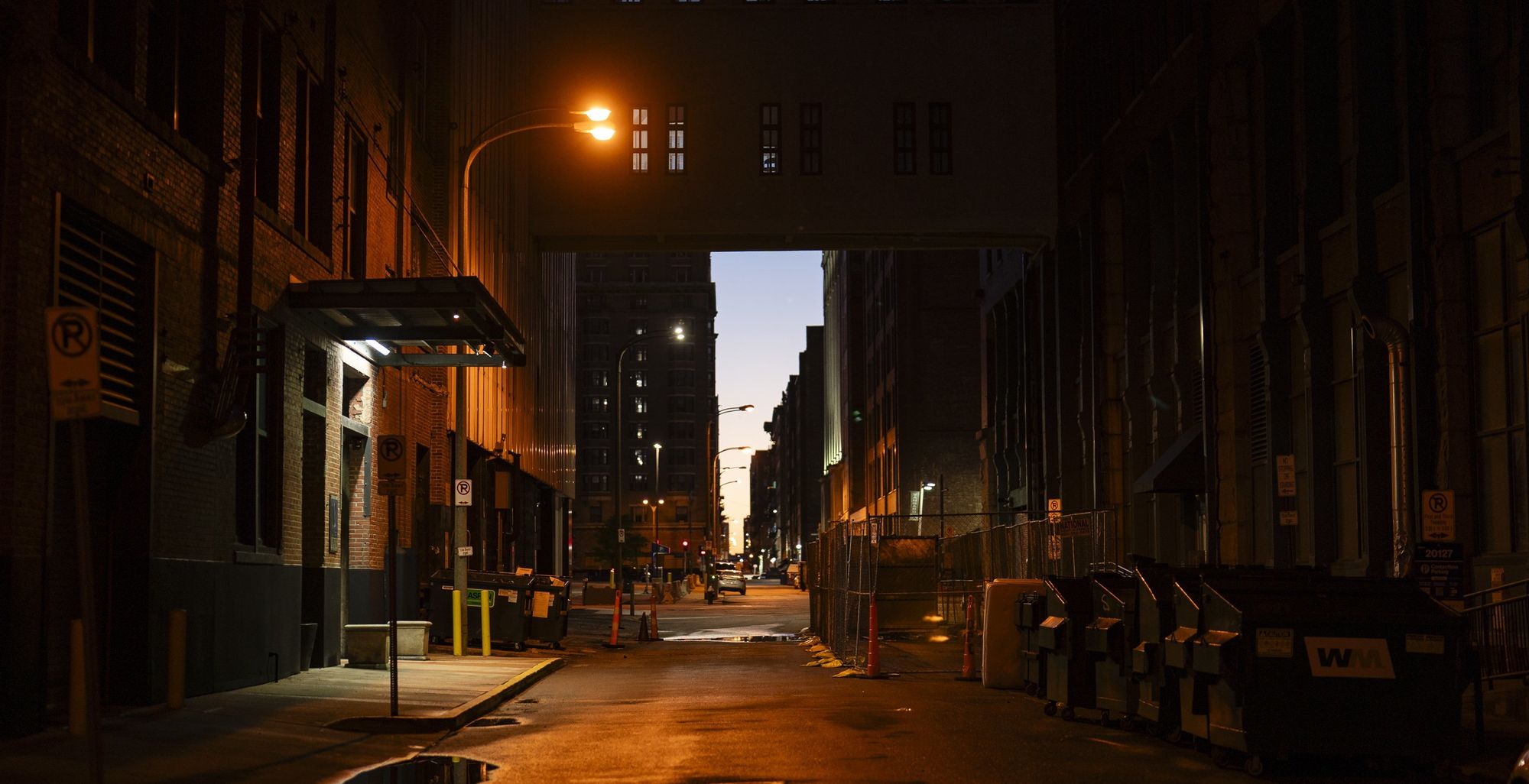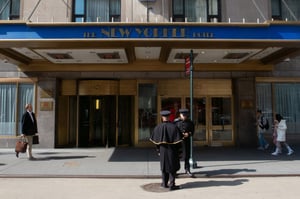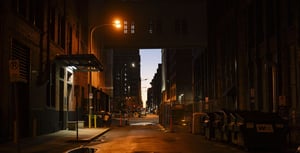Three Reads About Cities - #383

A fun workplace lunch conversation recently has been my boss's idea that Boston is held back by the number of separate municipalities that comprise what most people think of as Boston. While driving around, you might think you're in Boston, but you really make your way from Revere to Malden, Summerville and Cambridge, Boston itself, then quickly to Brookline or Newton. These aren't villages or neighborhoods, like Chestnut Hill or Mattapan or East Boston; these are separate municipalities with their own schools, police departments, and boards and mayors. I'm not sure if the theory that these separate cities hold the region back is correct. It seems to me that a little competition over which city can be the best could result in them all being a bit better. But the core of this idea is that our places and how we manage them matters.
That our towns matter strikes me as both obviously true and easy to ignore. For the politically minded among us, politics is national—or global. It's far easier to read, listen, and get worked up about the soap opera of US politics or the tragedy of world wars than it is to follow the ongoing saga of whether the City of Beverly will put a new roof on the library (spoiler: they won't). And while that tilt towards the macro is far more entertaining, it matters to our lives a whole lot less. No Speaker of the House, no matter how Pelosi in their efficiency, will pave Putnam Street. No President, no matter how Clinton in their sophistry, will protect the trees on Putnam Street from the over-aggressive pavers. Put another way: if we put aside the media-driven atmospherics, most of us can't point to anything different about our lives during the run of the last three presidents.
Just because municipal politics matters more to our lives doesn't mean it's not entertaining: any story starting with "local man" could be a treat. Check out the top link below: local man takes ownership of a giant hotel after paying $200.57 (but, spoiler, then goes to jail). And simply because a leader is local doesn't mean he's all that great: Miami's popular mayor seems like the worst kind of Florida real estate huckster, but for a whole city. (And isn't that the best part of America's caste of second cities: the endless boosterism to be just as good as NYC and LA?) Nor is everything turning up roses for our cities. The multi-decade trend of urban living and increasing property values seems to have ended, with the pandemic hollowing out some of the last office building cores of vibrant downtowns. The places with giant office towers seem to mostly be in abeyance, while the places with an ongoing (endless?) supply of cheaper, more convertible-to-housing buildings are doing ok. The last link illustrates the difference between the 8 or 12 square blocks of downtown St. Louis's offices and the nearby Downtown West with its lofts and soccer stadium.
The news from our cities may not be all good, but it certainly is interesting and I'd say it matters more than the horserace of national politics.
Reading
 The Hotel Guest Who Wouldn't Leave
The Hotel Guest Who Wouldn't Leave
Mickey Barreto’s five-year stay cost him only $200.57. Now it might cost him his freedom.
 The Mayor of the New Capital of America
The Mayor of the New Capital of America
Francis Suarez knows how to speak in the language of the future, with the unicorns and the big-number braggadocio, because it is the language the citizens of Miami have always spoken
 The Real Estate Nightmare Unfolding in Downtown St. Louis
The Real Estate Nightmare Unfolding in Downtown St. Louis
The office district is empty, with boarded up towers, copper thieves and failing retail—even the Panera outlet shut down. The city is desperately trying to reverse the ‘doom loop.’